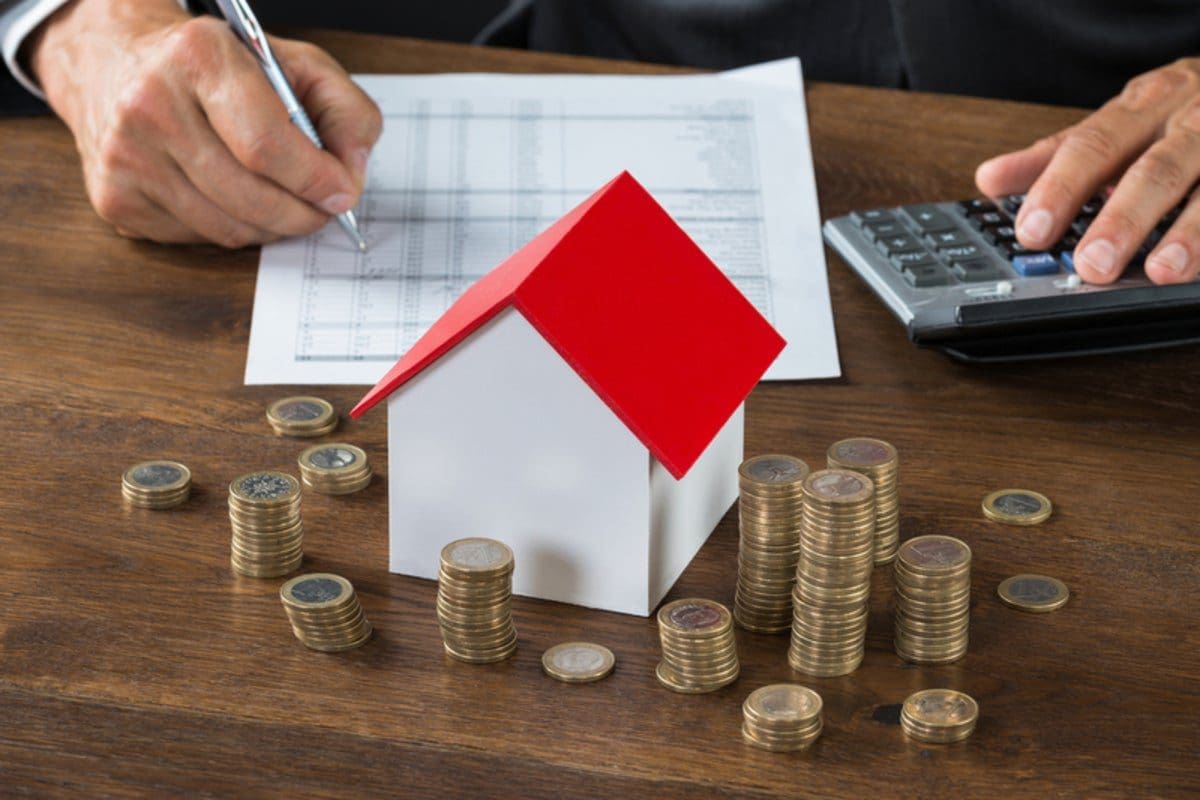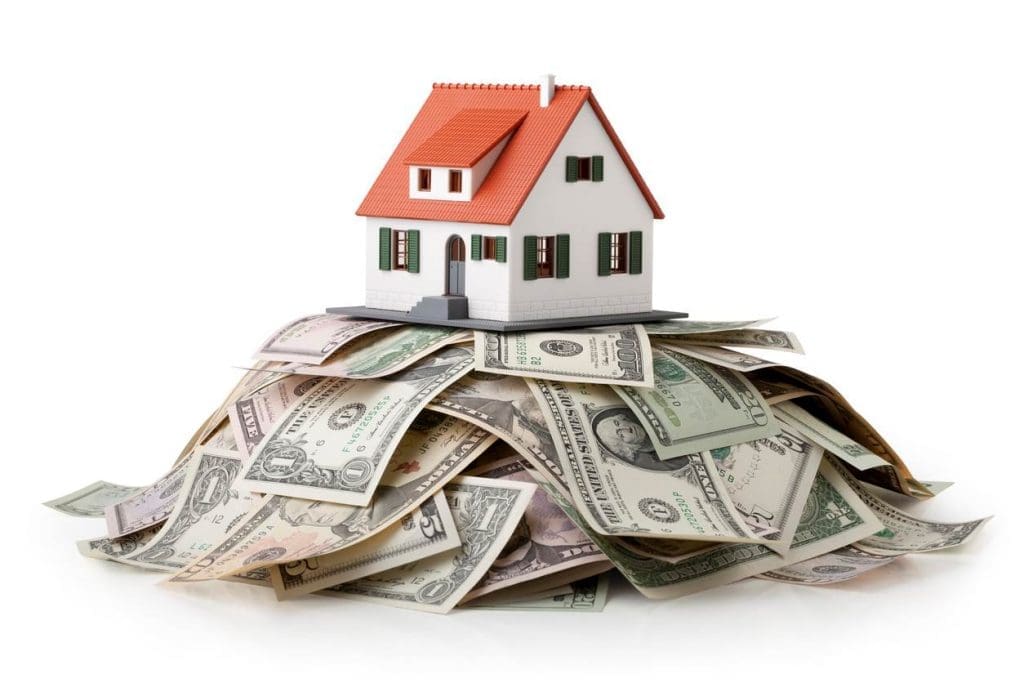Gov. Greg Abbott’s property tax relief plan was largely a failure—unless you consider paying a bigger tax bill “relief.”
Texans now have hard data by which they can judge Republican’s so-called “historic” accomplishment of 2019—House Bill 3.
Some lawmakers, such as State Rep. Jeff Leach (R–Plano), sent out newsletters selling what was originally a $2.7 billion package as a “monumental” success.
It wasn’t, unless you support growing government rather than cutting property taxes. It all comes down to the math.
Republicans were later forced to double the amount thanks to grassroots pressure and a few savvy senators who are better at arithmetic.
With the “relief” doubled, Abbott and his “purple” session parade touted the claim that HB 3 “cut” school property taxes using $5.1 billion of the state’s “historic” $10.5 billion surplus.
There’s just one problem: the data show it still was not enough to cut taxes for most Texans.
The average Dallas ISD homeowner paid a school property tax bill of $2,873 in 2018. In 2019, after HB 3’s “relief,” that number grew 2.5 percent to $2,949.
Dallas homeowners, on average, saw an increase from Abbott’s plan, not “relief.” But it gets worse.
That “relief” came after the same homeowners were gouged by a 60 percent hike since 2013, when the average tax bill was only $1,758.
To be fair, DISD’s school board is also to blame for raising tax rates and issuing massive bonds (debt). But state lawmakers could have reformed that too. Conservatives have been demanding they do so.
Consider Tarrant County, where all but two of 20 school districts saw the average homeowner pay a bigger school tax bill in 2019 after HB 3. It was merely a reduction in an increase, but it was still an increase.
And just like in Dallas County, they all suffered massive tax bill increases of 35, 40, 50, 60 percent in recent years.
Fort Worth ISD’s average tax bill rose 5 percent after HB 3 to $2,038. The average Arlington ISD homeowner paid a 6 percent increase, to $2,042.
Lewisville ISD tax bills remained flat in 2019, on average. But because the law only imposed a 2.5 percent growth limit moving forward, tax bills will go up again in 2020, depending on what school boards do with bonds (debt).
There were some winners. The average Frisco ISD homeowner in Collin County saw a 4 percent cut in their bill (6 percent cut for those in Denton County), down to $5,137.
But again, that’s still 46 percent higher than what they paid six years ago, at $3,484.
Abbott will also tout “his” tax reform, even though he was far from the first to embrace the plan.
Thanks to efforts spearheaded by State Sen. Paul Bettencourt (R–Houston), Texans now have the ability to vote on most city and county property tax hikes of 3.5 percent or more per year. Schools have a hard cap at 2.5 percent. Abbott strongly backed the plan in 2019.
But it is also not “relief.” Tax bills will still go up across the board, just at a slower rate. Lawmakers even gave city and county tax hikers another year to gouge families by delaying the law until 2020.
HB 3 is yet another reminder for Texans to focus on results over rhetoric.




